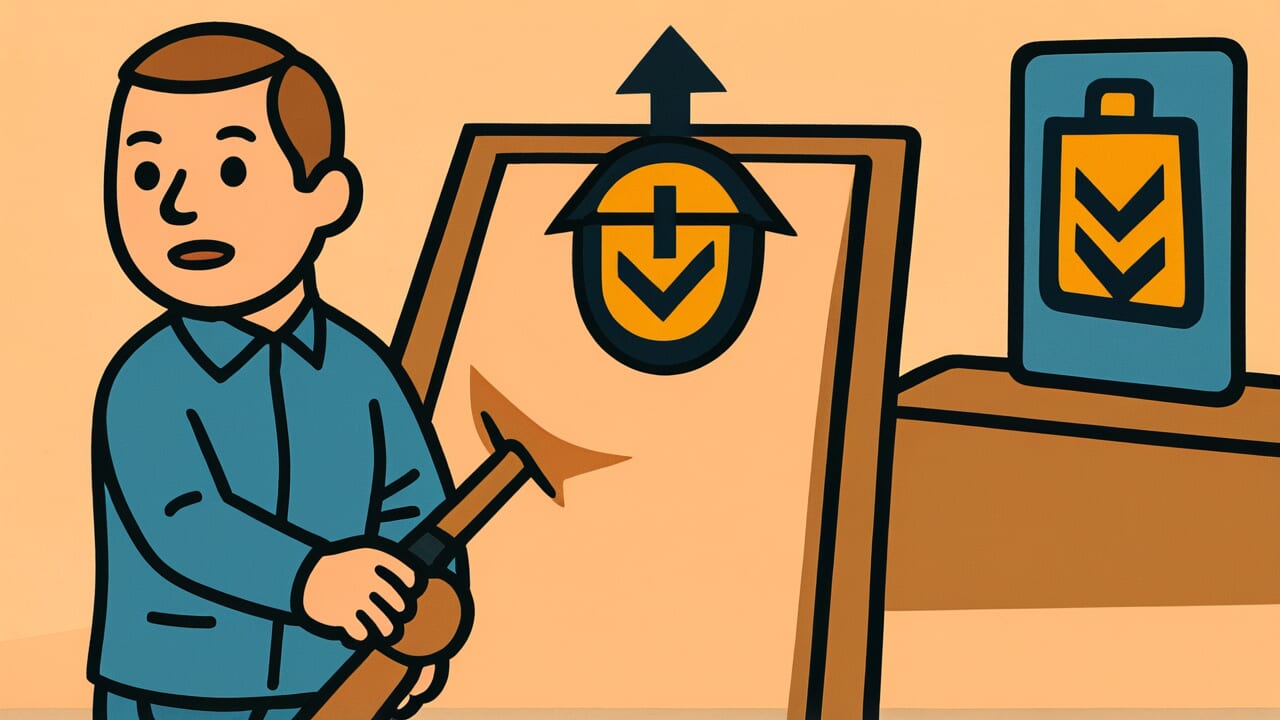How to Read “An arrow may stand in the forehead, but never in the back”
Hitai ni ya wa tatsu tomo se ni ya wa tatazu
Meaning of “An arrow may stand in the forehead, but never in the back”
This proverb expresses strong determination and resolve. It means you may die fighting face-to-face, but you will never run away and take an arrow in your back.
People use this saying when facing difficult situations or showing their determination to tackle something head-on. It expresses the attitude of “even if I fail, I will challenge this fairly without running away.”
This expression does more than just show courage. It conveys both the pride of never acting cowardly and the resolve to take responsibility until the very end.
Today, this proverb has moved beyond its original battlefield context. It now describes our attitude toward various difficulties and challenges in life.
People use it in many situations. Business problems, relationship issues, or personal struggles. Whenever someone wants to show their resolve not to run away, this universal expression fits perfectly.
Origin and Etymology
The exact source of this proverb has several theories. However, it clearly comes from the samurai culture that valued honor above all. “Ya” means arrow, and this phrase describes a warrior’s proper stance on the battlefield.
For samurai, facing the enemy directly in battle was their natural duty. An arrow stuck in the forehead proved you fought while facing your opponent. An arrow in the back, however, proved you turned and ran from the enemy.
In the samurai world, running away was the greatest shame possible.
The concept of “honor” in bushido deeply influenced this expression. In a value system where honor mattered more than life itself, how you died was as important as how you lived, or perhaps even more so.
What’s interesting is that this proverb isn’t just praising bravery. It has been used as a strong declaration of “not running away.”
In the extreme conditions of battle, human instinct chooses survival. But samurai used these words to show their resolve to overcome that instinct.
Usage Examples
- This project is difficult, but I will approach it with the resolve that an arrow may stand in the forehead, but never in the back
- He fulfilled his responsibilities to the end with the belief that an arrow may stand in the forehead, but never in the back
Universal Wisdom
This proverb has been passed down because it captures a fundamental human conflict brilliantly. When we face difficulties, we all waver between two forces: the instinct to run away and the reason that says we should stand firm.
Humans have a self-preservation instinct. Running from danger is a natural biological response. But humans also have a desire to protect their dignity.
We want to be proud of ourselves. We want others to respect us. These two desires often clash head-on.
This proverb shows that humans are more than just survival instincts. If staying alive were the only goal, running away would be perfectly fine.
But humans are creatures who find value in “how we live” and “how we die.”
What’s interesting is that this proverb doesn’t say “don’t fear death.” It acknowledges the possibility of an arrow in the forehead, meaning it recognizes the danger of death. Yet it still declares you won’t turn your back.
It doesn’t deny fear. Instead, it acknowledges fear while still facing forward. This realistic form of courage might be the true essence of human dignity.
When AI Hears This
Creating a situation where you can only move forward changes how others act. This is the core of what game theory calls commitment strategy.
Common sense suggests more options are better. Escape routes seem safer and allow flexible responses. But in strategic situations, this logic reverses completely.
In negotiations, if you can make the other side truly believe “I have no other choice,” they have no option but to compromise. The problem is that just saying it won’t make them believe you.
This is where “observable cost” becomes crucial. The physical evidence of no arrow wounds on your back speaks louder than words. It says “this person has never retreated.”
This becomes an unforgeable signal, a costly signal. To lie would require actually paying the cost of fighting without ever running away.
The same principle works today. Companies make huge equipment investments partly to signal competitors they won’t withdraw from that market.
Nations sign treaties to gain trust by limiting their own options. The seemingly disadvantageous act of “cutting off escape routes” actually becomes the strongest strategy for changing others’ behavior.
This is the strategic asymmetry created by the difference between arrows in the forehead and arrows in the back.
Lessons for Today
This proverb teaches modern people about the importance of “facing things directly” in life. Success sometimes depends on luck or circumstances. But how you face challenges is completely your choice.
Modern society tends to emphasize efficiency and results. Withdrawing early or cutting losses when things aren’t working can certainly be wise decisions.
But this proverb presents a different set of values. It shows the less visible but real value gained by facing things without running away: self-respect and trust from others.
If you’re facing something difficult right now, remember this proverb. You don’t need to be perfect. You don’t need to win.
Just keep facing it without turning your back. That attitude itself shapes your character and moves the hearts of people around you.
Whatever the outcome, the fact that you faced it head-on will remain inside you as genuine confidence.



Comments